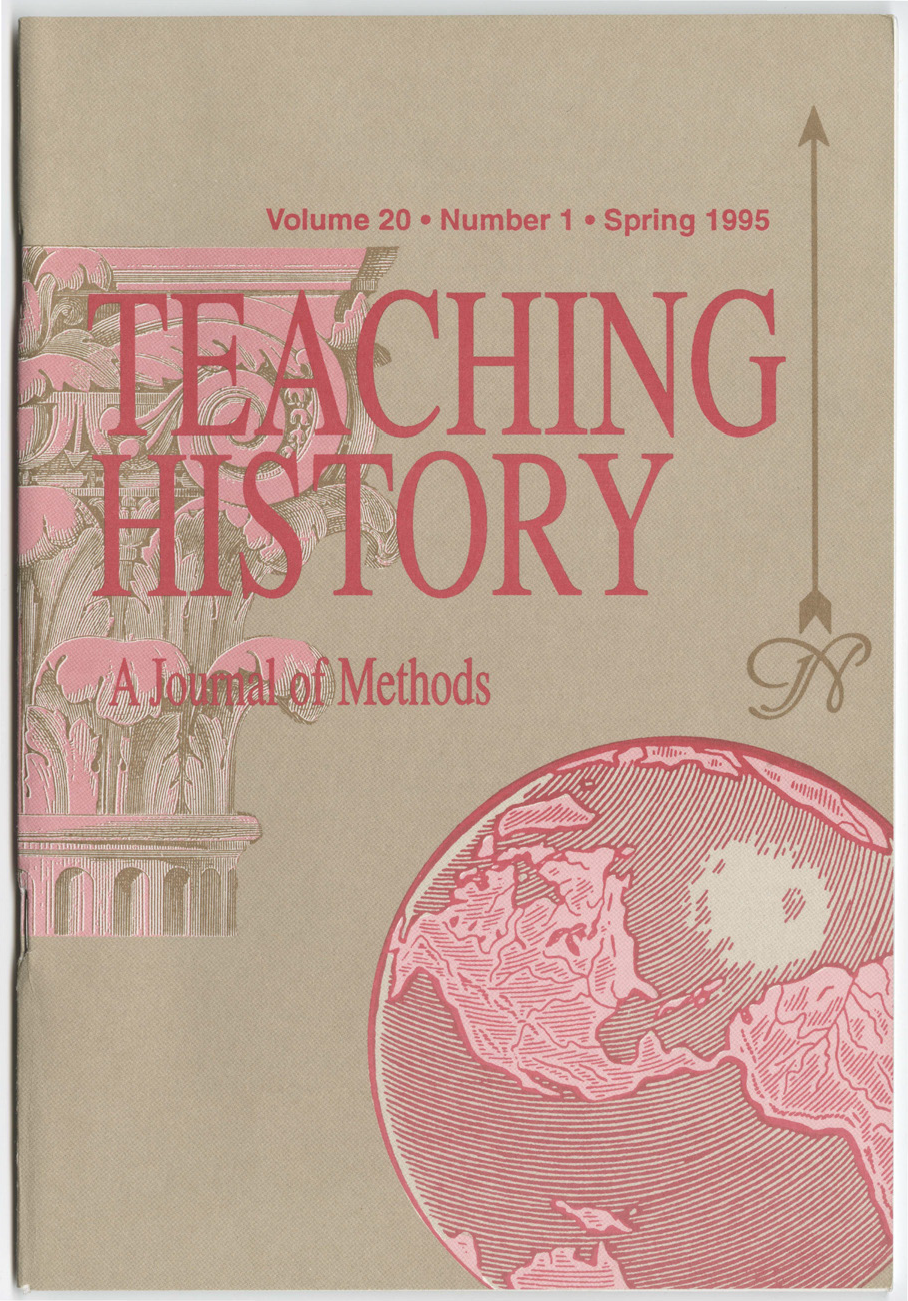Harsch, German Social Democracy And The Rise Of Nazism
DOI:
https://doi.org/10.33043/TH.20.1.54-55Abstract
In the 1928 Reichstag elections, the German Social Democratic Party (SPD) won 29.8% of the vote and Adolf Hitler's National Socialist Party (NSDAP) just 2.6%. But the German economic and political situation rapidly deteriorated, and in three elections between 1930 and 1932, the SPD's shared dropped to 20.7%, while that of the NSDAP rose to 37.8%, before slipping to 33.6% in November 1932. Similarly, in 1928, the SPD was the "largest, best organized. and most disciplined political party" in Germany with 937,000 members, and it was the hub of the "multispoked movement" called Social Democracy, which enrolled millions more in the Allgemeiner Deutscher Gewerkschaftsbund (ADGB), the Reichsbanner, and various cultural and cooperative organizations.
Downloads
Downloads
Published
How to Cite
Issue
Section
License
Copyright (c) 1995 Robert W. Brown

This work is licensed under a Creative Commons Attribution-NonCommercial-NoDerivatives 4.0 International License.
By submitting to Teaching History, the author(s) agree to the terms of the Author Agreement. All authors retain copyrights associated with their article or review contributions. Beginning in 2019, all authors agree to make such contributions available under a Creative Commons Attribution-NonCommercial-NoDerivatives 4.0 International license upon publication.



